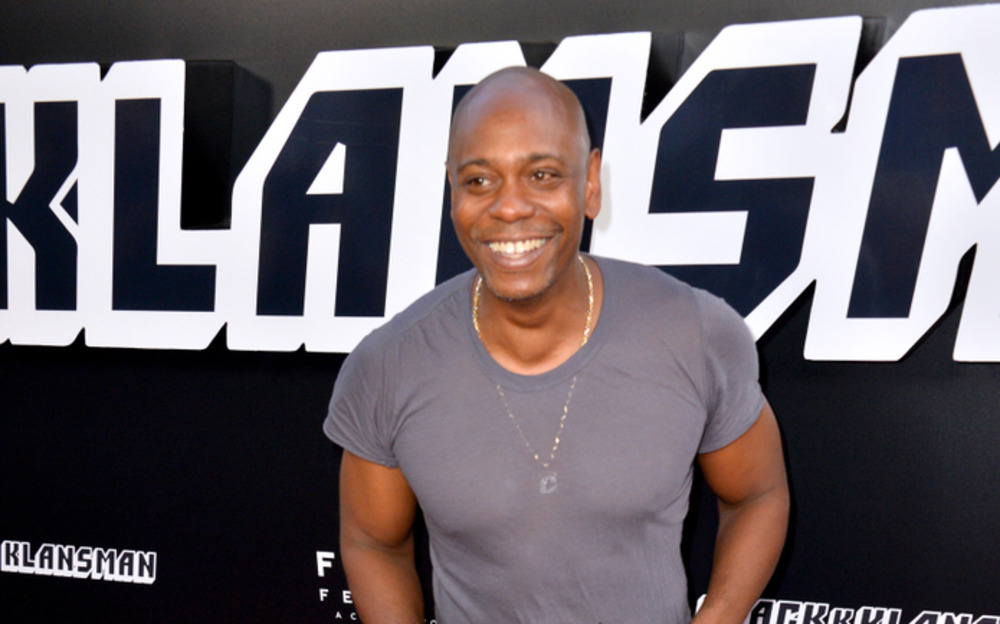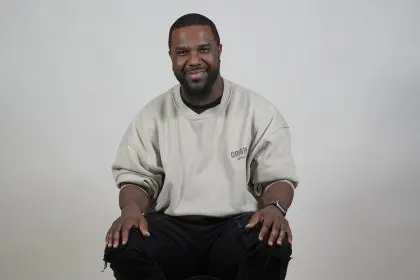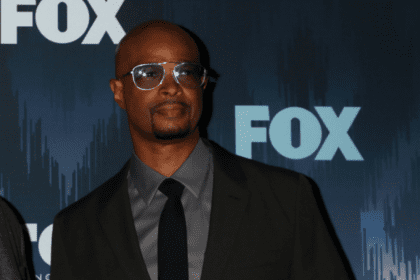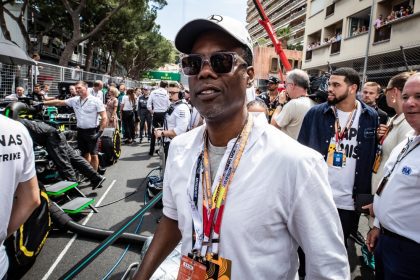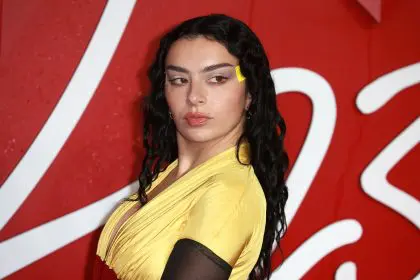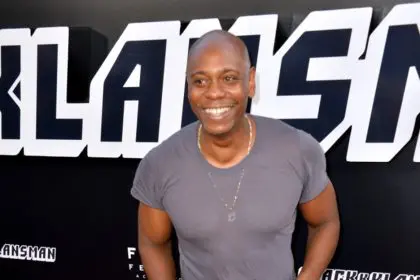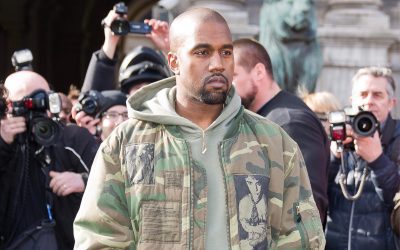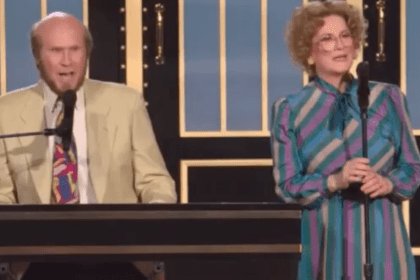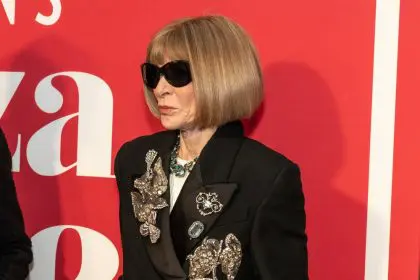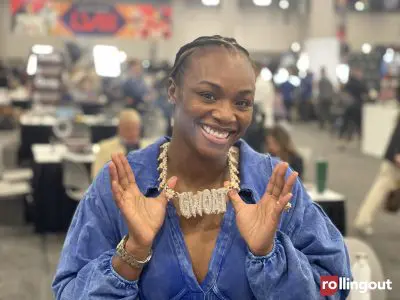Comedian Dave Chappelle has addressed his controversial 2016 Saturday Night Live monologue in which he expressed cautious hope about Donald Trump’s presidency, defending the performance as an authentic reflection of his feelings at that specific moment in American history. The comments came during a rare interview appearance following years of avoiding media interactions.
Chappelle’s post-election monologue, delivered just days after Trump’s unexpected victory over Hillary Clinton, has become a subject of renewed scrutiny as the political landscape has evolved significantly since that time. The comedian’s willingness to discuss the performance provides insight into his artistic philosophy and approach to addressing political topics through comedy.
The standup performer has maintained a pattern of delivering thoughtful Saturday Night Live monologues during significant political transitions, including performances following Joe Biden’s 2020 victory and ahead of Trump’s recent return to the White House. These appearances have established Chappelle as a comedic voice who attempts to process major political moments through humor and social commentary.
Comedian compares monologue to historical photograph
During a recent interview with fellow comedian Mo Amer for Variety’s “Actors on Actors” series, Chappelle characterized his 2016 monologue as capturing authentic emotions from that specific time period rather than making predictions about future political developments. He compared the performance to a photograph that preserves a particular moment without necessarily aging well over time.
Chappelle explained that he views the monologue as documentation of his genuine feelings immediately following Trump’s election victory, when many Americans were processing unexpected political results and uncertain about the future direction of the country. This perspective frames the performance as historical documentation rather than political endorsement.
The comedian acknowledged that revisiting old material can create discomfort as perspectives and circumstances change over time, comparing this experience to looking at old photographs that may seem dated or naive from current vantage points. This artistic philosophy suggests that Chappelle prioritizes authentic expression over political consistency.
His approach reflects broader challenges facing comedians who address political topics, as rapidly changing political circumstances can make previously reasonable positions appear problematic when viewed through subsequent events and developments.
Original monologue balanced criticism with cautious optimism
The 2016 Saturday Night Live performance included significant criticism of Trump alongside expressions of cautious hope for his presidency, creating a complex message that defied simple political categorization. Chappelle directly referred to Trump as an internet troll while simultaneously expressing willingness to give him an opportunity to govern effectively.
The monologue addressed serious allegations against Trump, including references to sexual assault accusations, while maintaining a tone that sought common ground and potential paths forward for national unity. This balanced approach reflected the comedian’s attempt to process a shocking political outcome while maintaining optimism about American democratic institutions.
Chappelle explicitly connected his willingness to give Trump a chance to demands that historically disenfranchised communities receive similar opportunities for inclusion and representation. This conditional framework established expectations for reciprocal treatment rather than unconditional support for the incoming administration.
The performance drew comparisons to Chappelle’s emotional response to Barack Obama’s 2008 election victory, highlighting the comedian’s investment in American political progress and his hopes for continued advancement of civil rights and social justice causes.
Subsequent political developments provide context
The years following Chappelle’s 2016 monologue have included significant political developments that may influence how the performance is currently perceived by audiences and critics. Trump’s presidency included policies such as travel bans affecting Muslim-majority countries and his refusal to concede the 2020 election results after losing to Joe Biden.
Trump’s recent return to the presidency has been marked by immediate policy implementations including mass deportation efforts and new travel restrictions affecting multiple countries. These actions provide contemporary context for evaluating Chappelle’s initial willingness to give Trump an opportunity to govern inclusively.
The political trajectory since 2016 raises questions about whether Chappelle’s cautious optimism was justified by subsequent events, though the comedian appears to maintain that his monologue accurately reflected reasonable hopes and expectations at that specific time rather than making long-term political predictions.
Political observers note that many Americans shared similar sentiments immediately following Trump’s 2016 victory, hoping that presidential responsibilities would moderate his behavior and policies despite campaign rhetoric that suggested otherwise.
Comedian avoids recent media appearances following controversy
Chappelle’s interview with Mo Amer represents a rare media appearance following significant controversy surrounding his 2021 Netflix special “The Closer,” which included material about transgender individuals that divided audiences and critics. The comedian has largely avoided interviews and public discussions about his work since that controversy emerged.
The Netflix special generated substantial criticism from LGBTQ advocacy groups and some entertainment industry figures, while receiving support from others who defended Chappelle’s right to address controversial topics through comedy. The polarized response has affected Chappelle’s public presence and media engagement patterns.
His decision to participate in the “Actors on Actors” conversation with Mo Amer, a Palestinian comedian with whom he developed a friendship during the COVID-19 pandemic, suggests selective engagement with media opportunities that provide supportive environments for discussing his work and perspectives.
The interview format allowed Chappelle to address his 2016 monologue within a broader conversation about comedy and artistic expression rather than facing direct political questioning or confrontational journalistic approaches.
Pattern of political commentary through SNL appearances
Chappelle has established a consistent pattern of delivering politically focused Saturday Night Live monologues during major electoral transitions, creating a unique role as a comedic commentator on American political developments. His appearances have become anticipated events for audiences seeking comedic processing of significant political moments.
The comedian’s 2020 monologue following Biden’s victory and his recent appearance ahead of Trump’s inauguration demonstrate continued engagement with political topics despite avoiding other forms of media interaction. These performances suggest that Saturday Night Live provides Chappelle with a preferred platform for political commentary.
His SNL appearances allow for controlled artistic expression without the interactive elements of interviews or press conferences that might create opportunities for controversial exchanges or misunderstandings. The monologue format enables Chappelle to present complete thoughts without interruption or follow-up questioning.
The consistency of his SNL political appearances suggests that Chappelle views these performances as important contributions to national political discourse, using comedy to help audiences process complex and often divisive political developments.
Artistic philosophy emphasizes authentic expression
Chappelle’s defense of his 2016 monologue reflects a broader artistic philosophy that prioritizes authentic expression of genuine feelings over political consistency or audience expectations. This approach acknowledges that artistic works may age differently as circumstances change and new information becomes available.
The comedian’s comparison of his monologue to photography suggests an understanding that artistic works capture specific moments and emotions that may not translate perfectly to different time periods or contexts. This perspective allows for appreciation of artistic authenticity while acknowledging that perspectives and circumstances evolve.
His willingness to stand by the 2016 performance despite potential criticism demonstrates commitment to artistic integrity and honest expression, even when such positions may seem politically complicated or naive in retrospect. This stance reflects confidence in his creative decision-making process and artistic judgment.
The approach also acknowledges the challenges facing artists who engage with political topics, as rapidly changing political landscapes can make previously reasonable positions appear problematic when viewed through subsequent developments and changing social expectations.
Impact on comedy and political discourse
Chappelle’s political commentary through comedy has contributed to broader discussions about the role of entertainers in political discourse and the responsibilities of public figures when addressing controversial topics. His approach demonstrates both the potential benefits and risks of celebrity political engagement.
His Saturday Night Live appearances have generated significant public discussion and media coverage, suggesting that comedy can serve as an effective vehicle for processing political developments and encouraging public engagement with complex issues. However, they also demonstrate how comedic political commentary can become controversial as circumstances evolve.
The comedian’s experience illustrates the challenges facing artists who attempt to address political topics honestly while maintaining broad audience appeal and avoiding partisan categorization. His willingness to express nuanced positions that don’t align perfectly with either major political party reflects the complexity of political discourse in contemporary America.

